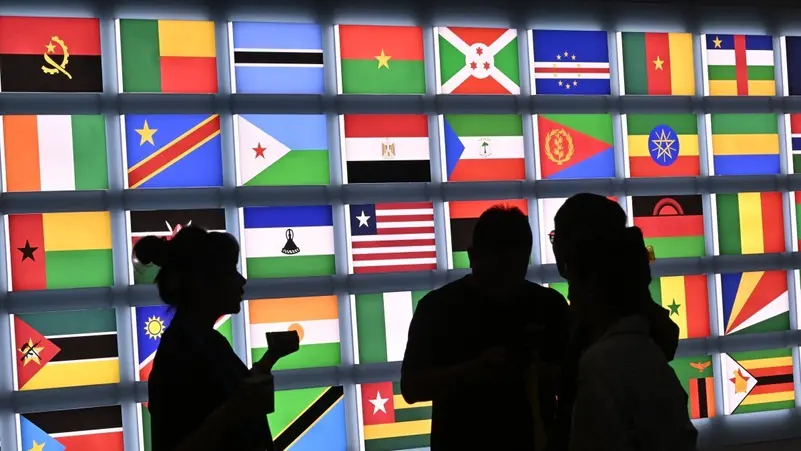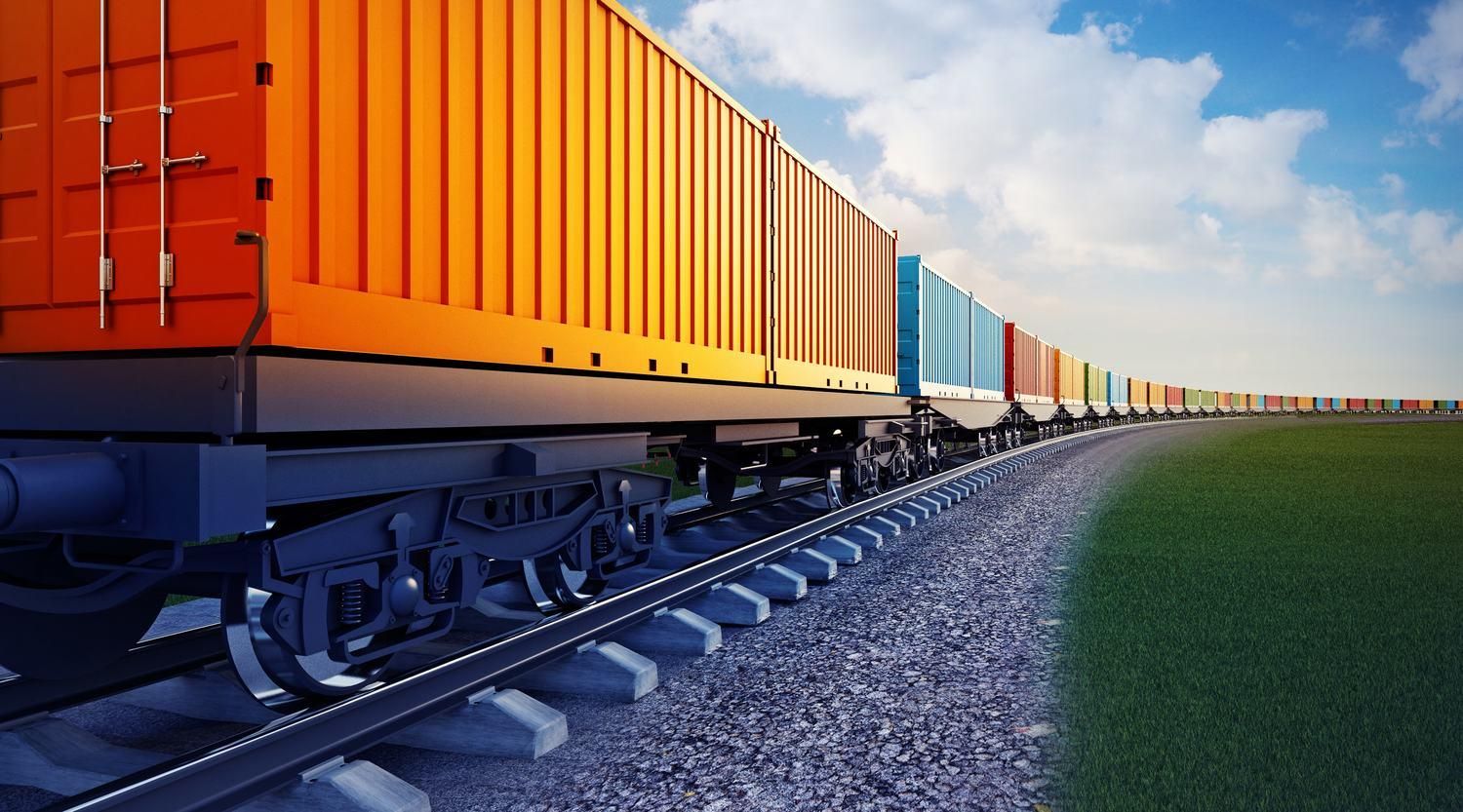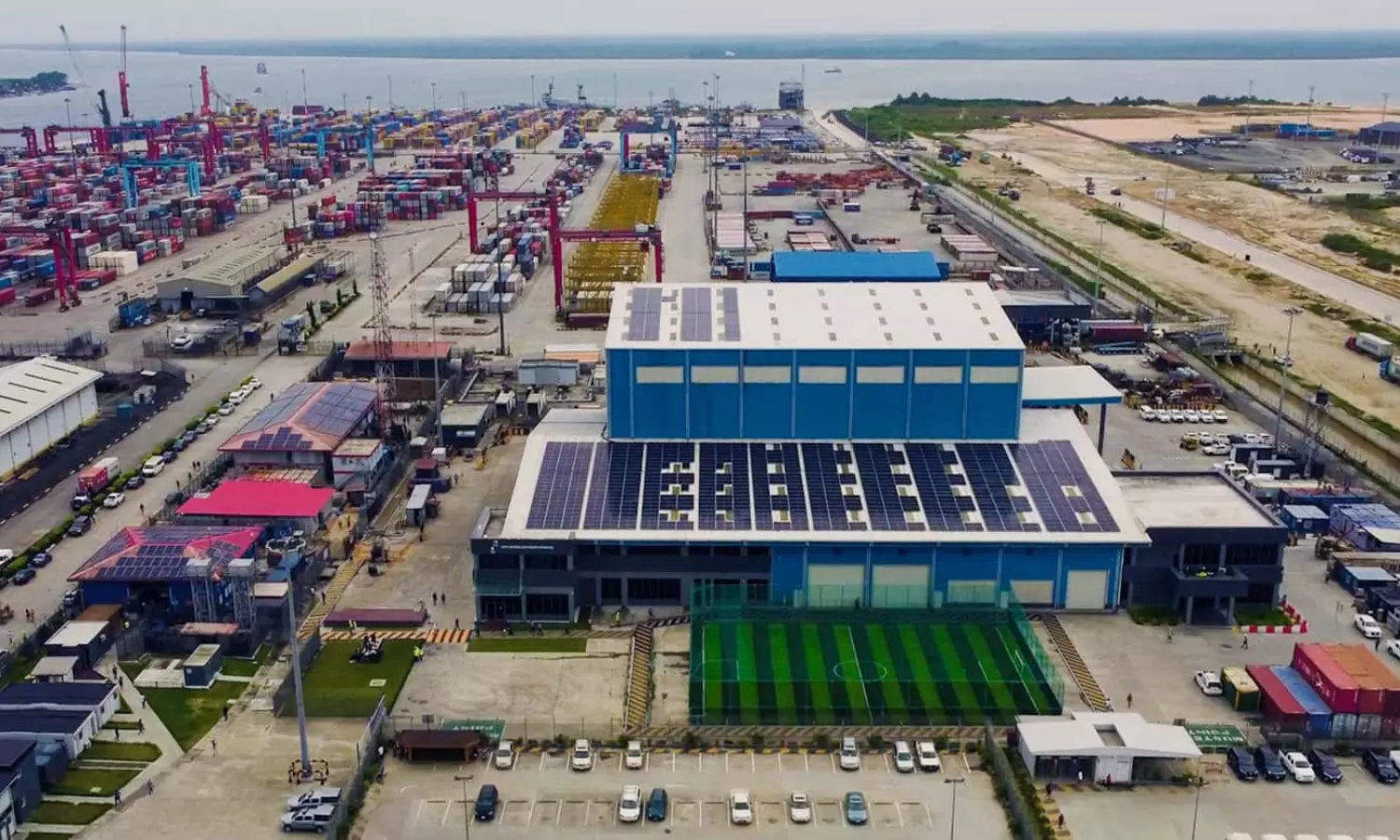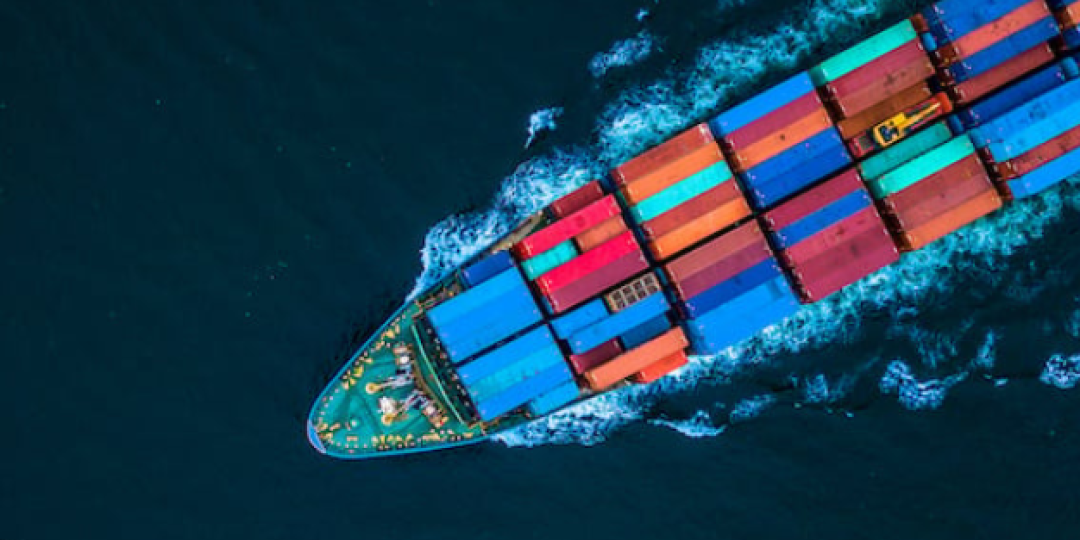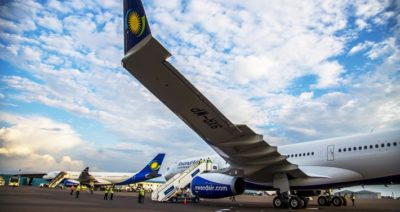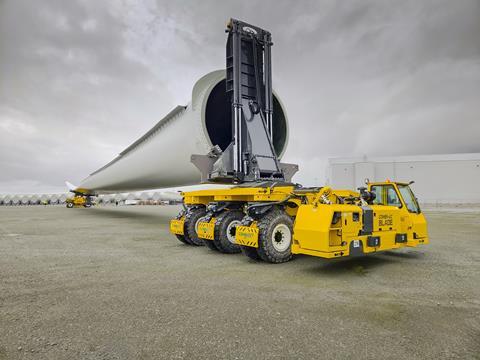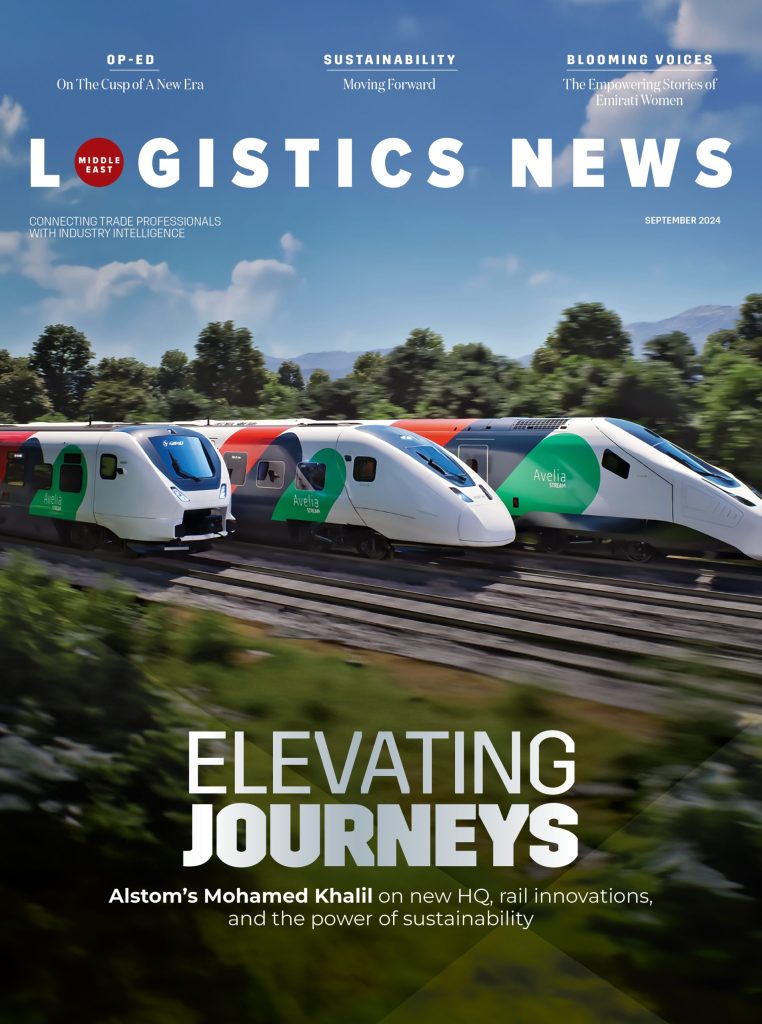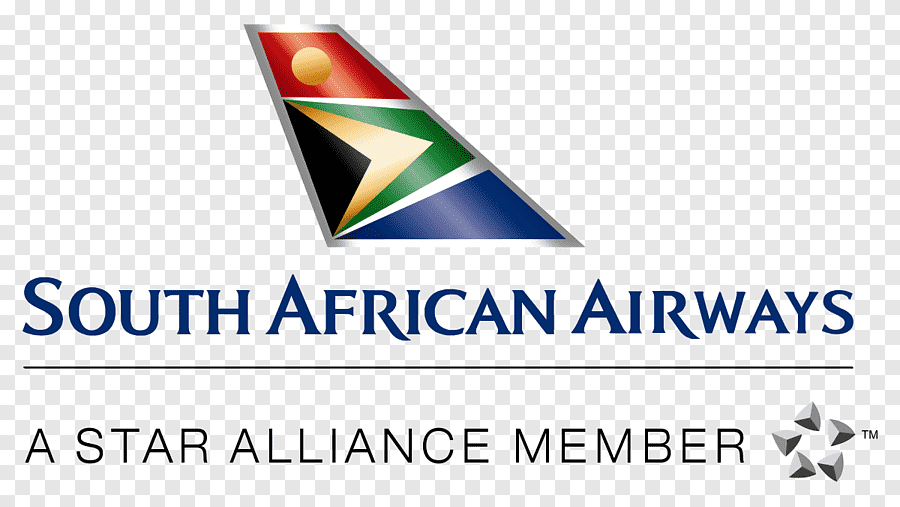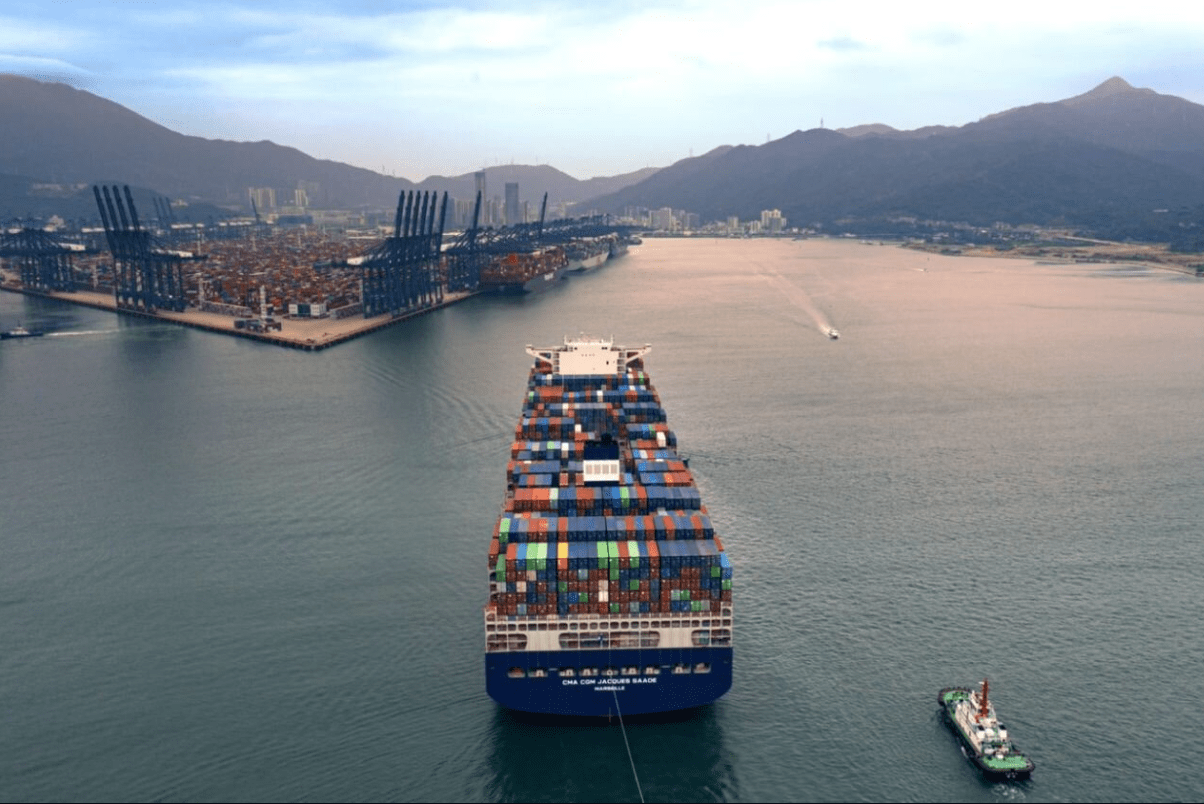Logistic

Kenya Launches Full Investigation into Multinational Shipping Giants Over Anti-Competitive Practices
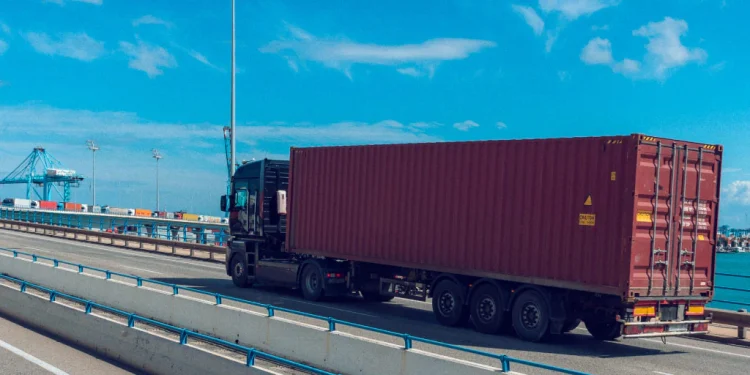
The Competition Authority of Kenya (CAK) has launched an investigation into several multinational companies (MNCs) operating in Kenya’s shipping and logistics sector, following complaints by the Kenya Transporters Association (KTA) and the Kenya International Freight and Warehousing Association (KIFWA).
- The probe targets allegations of market abuse, collusion, and discriminatory practices that have marginalized local players despite their dominant presence in fleet ownership.
- Despite local companies owning 90% of trucking assets, MNCs control over 70% of logistics contracts through exclusive deals and vertically integrated operations.
- In March 2024, the KTA petitioned the National Assembly’s Departmental Committee on Trade, alleging that MNCs like Maersk, CMA CGM, Mediterranean Shipping Company (MSC), and Pacific International Line (PIL) dominate the logistics value chain, sidelining local firms.
The KTA proposed reserving 60% of logistics contracts for local firms, but on July 2, 2025, the CAK rejected this, citing the law, which prohibits market allocation schemes that distort competition.
Following the National Assembly’s directive, the CAK conducted a market screening by mid-2024 and launched a full investigation into ocean freight shipping, clearing and forwarding, and trucking services. The probe targets MNCs like Maersk, CMA CGM, MSC, PIL, and non-shipping firms like Bamburi Cement, East African Breweries Limited (EABL), and British American Tobacco (BAT).
Key allegations the anti-trust regulator is investigating include:
- Exclusive Contracts: MNCs secure closed agreements, blocking local competitors from accessing key markets.
- Price Collusion: Uniform charges, such as Terminal Handling Charges (USD 99 for 20ft containers, USD 148 for 40ft), depot fees (USD 70), and cleaning charges (USD 35), suggest collusion.
- Vertical Integration: MNCs control multiple supply chain segments, including shipping, clearing, forwarding, container depots, and trucking, giving them unfair advantages.
- Unfair Trading Conditions: Documentation delays, inflated demurrage fees (e.g., USD 100/day in Kenya vs. USD 20/day in Tanzania), and preferential treatment for affiliates disadvantage local firms.
- Market Exclusion: Through bill of lading arrangements bypass independent service providers, limiting their market access.
Vertical Integration and Market Barriers
Data from the Kenya Ports Authority (KPA) reveals a concentrated market, with Maersk holding a 35% share and CMA CGM 25% in 2023. Together, top players control over 90% of containerized cargo at Mombasa Port. While no firm meets the 50% dominance threshold, the CAK notes that Maersk and CMA CGM may exercise significant market power, warranting scrutiny for potential abuse of dominance.
Vertical integration by MNCs, controlling multiple logistics segments, is a core issue. This allows firms like Maersk to offer door-to-door services, which, while efficient for importers, disadvantages local trucking and clearing firms. KIFWA alleges that MNCs poach customers by leveraging sensitive information and offering unfair discounts to affiliates. A previous attempt to curb this through the Merchant Shipping Act was struck down as unconstitutional, highlighting the need for a new, constitutionally compliant regulatory framework.
KIFWA reported that MNCs charge for unrendered services, such as USD 159.2 million annually for Terminal Handling Charges, despite the KPA owning terminals. Uniform pricing across firms raises suspicions of collusion, particularly for charges like THC, depot fees, and cleaning costs.
As of July 3, 2025, the CAK’s investigation is ongoing, with a deadline of September 30, 2025, to deliver a comprehensive report. The CAK is:
- Verifying market shares at Mombasa Port.
- Investigating potential collusion in charges like THC and depot fees.
- Assessing the impact of vertical integration on competition.
- Evaluating consortia arrangements among shipping lines, which may limit market access for new entrants.
The CAK is engaging stakeholders, including the KPA, Kenya Maritime Authority (KMA), KTA, and KIFWA, to gather evidence. Both KTA and KIFWA have committed to providing witnesses and documentation to substantiate their claims.



